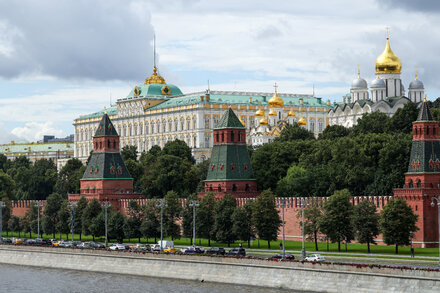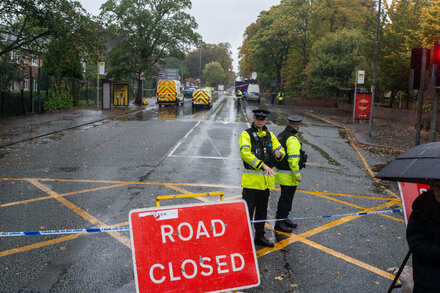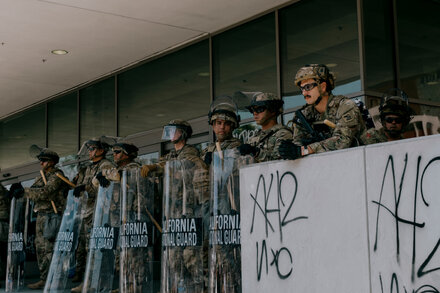
Moscow is reportedly facing unprecedented economic constraints stemming from the ongoing conflict in Ukraine, leading to a noticeable reduction in its military budget. This shift indicates that the significant financial demands of the war are beginning to strain the Kremlin’s economic resources, potentially impacting future defense capabilities and domestic spending.
Following the full-scale invasion of Ukraine in February 2022, Russia embarked on a massive increase in military expenditure. Reports indicated that defense spending surged to unprecedented levels, at times surpassing social welfare allocations and becoming the dominant share of the national budget. This initial surge aimed to sustain combat operations, replace equipment losses, and ramp up domestic arms production.
However, nearly three years into the conflict, the sustainability of such high spending has come under increasing scrutiny. International sanctions, volatile energy revenues, and the diversion of resources from other critical sectors of the economy are now exerting significant pressure. While the Russian economy has shown resilience in some areas, primarily through government intervention and adaptation to sanctions, the long-term strain appears to be materializing in budget re-prioritizations.
“The initial strategy of ‘whatever it takes’ on military spending was never sustainable for the long run,” noted Dr. Elena Petrova, an economic analyst specializing in post-Soviet economies. “What we’re likely seeing now is the Kremlin being forced to make harder choices, possibly scaling back on non-critical defense projects or postponing modernization plans that seemed certain just a year ago, as the immediate operational costs continue to mount.”
The reduction in military allocation could have several implications. While direct funding for immediate front-line operations might remain a priority, cuts could affect long-term procurement programs, research and development, and the maintenance of non-frontline units. Such a scenario suggests that the Kremlin is confronting the economic limits of sustained, high-intensity conflict, potentially necessitating a more frugal approach to defense planning.
The shift also highlights the broader economic challenges facing Russia. Resources redirected to the military have often come at the expense of infrastructure, healthcare, education, and other social programs, creating internal pressures that the government must balance against its strategic objectives in Ukraine. The reported budget adjustments reflect a complex interplay of military necessity, economic reality, and domestic priorities.
Source: Read the original article here.





